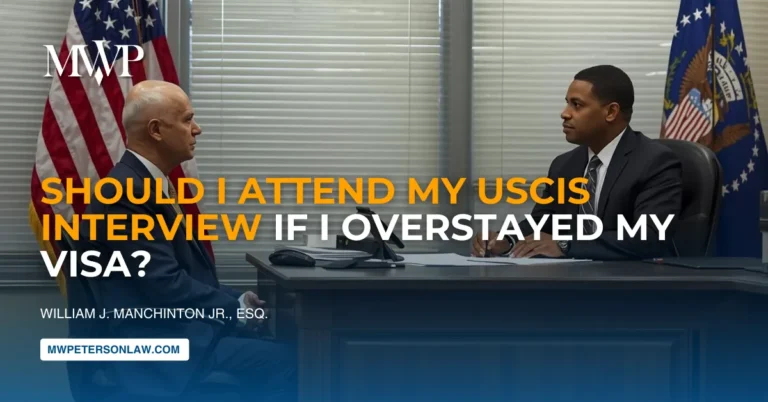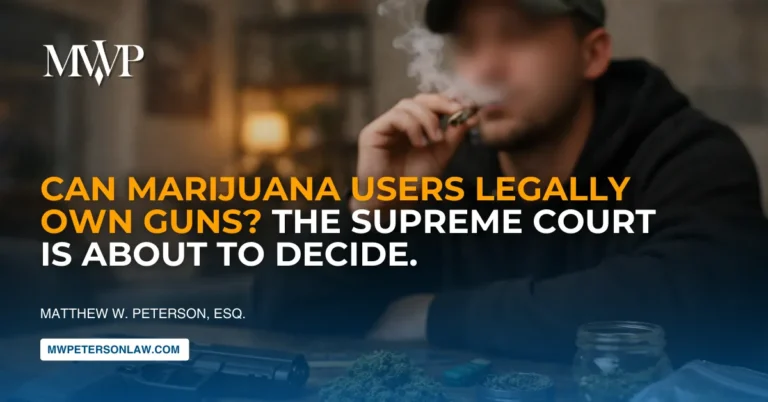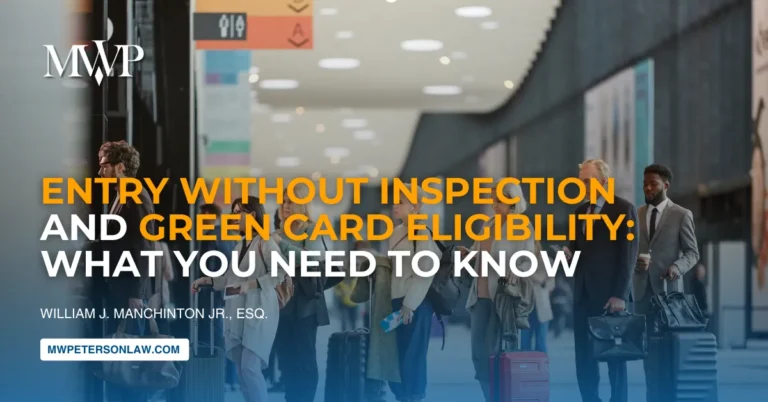Refuse A Breath Test in Massachusetts: Consequences and Considerations
Refusing breath test in Massachusetts involves significant legal implications that can impact your driver’s license and potential OUI defense. The consequences vary based on your age and prior driving history. Here at the Law Office of Matthew Peterson, we’re here to help you in legal matters especially in OUI and DUI.
License Suspension Periods
Over 21 Years Old
License suspension periods for breath test refusal depend on prior OUI convictions:
- No Prior Convictions: 180 days
- One Prior Conviction: 3 years
- Two Prior Convictions: 5 years
- 3 or More Convictions: Lifetime suspension
Under 21 Years Old
License suspension periods are slightly different:
- No Prior Convictions: 3 years
- One Prior Conviction: 3 years
- Two Prior Convictions: 5 years
- 3 or More Convictions: Lifetime suspension
Additional Suspension Considerations
Enhanced Penalties: If you have a prior OUI involving bodily injury or vehicular homicide, the suspension period can be significantly longer.
Strategic Implications
Refusing a breath test can potentially help your OUI defense by depriving prosecutors of direct evidence. However, this is a strategic decision that depends on the specific circumstances of your case.
Don't Let Legal Challenges Define Your Future - Call Matthew W. Peterson Today!
When facing legal challenges in Massachusetts, the Law Office of Matthew W. Peterson offers expert criminal defense with a commitment to personalized, strategic representation. Whether you’re dealing with OUI, criminal charges, or other legal complexities, Matthew Peterson and his team are ready to fight for your rights.
Take Action Now:
- Flexible “Pay Later” financial options
- Serving Boston, Essex, Middlesex, Norfolk, and Suffolk Counties
Contact Us Immediately:
Don’t wait and let your legal situation spiral out of control. Matthew W. Peterson provides the aggressive, personalized defense you need to protect your future. Call now and take the first step towards resolving your legal challenges with a trusted Massachusetts DUI Boston attorney who truly fights for you.
Frequently Asked Questions (FAQs)
1. What is the difference between a breath test refusal and failing a breathalyzer test?
When you refuse a breath test, you decline to provide a breath sample, which automatically triggers license suspension. Failing a breathalyzer means your blood alcohol content (BAC) exceeded the legal limit (0.08% for drivers over 21, 0.02% for drivers under 21). Both scenarios result in license suspension, but the legal proceedings differ.
2. Can I be arrested for OUI even if I refuse the breath test?
Yes, you can still be arrested for Operating Under the Influence (OUI) even if you refuse the breath test. Law enforcement can use other evidence such as field sobriety tests, officer observations, witness statements, and dashcam footage to build a case against you.
3. Will my insurance rates increase if I refuse a breath test?
Most likely, yes. A breath test refusal is typically treated similarly to a OUI conviction by insurance companies. Your auto insurance rates could increase significantly, and some insurers might even cancel your policy or classify you as a high-risk driver.
4. Are there any circumstances where refusing a breath test might be recommended?
While this is a decision best made with legal counsel, some attorneys might suggest refusal if:
- You believe your BAC is significantly over the legal limit
- You have prior OUI convictions
- There are potential medical or other complications that could impact test results
5. How does a breath test refusal affect commercial driver's license (CDL) holders?
CDL holders face more severe consequences. A breath test refusal can result in:
- Automatic disqualification from commercial driving
- Potential loss of commercial driving privileges for a minimum of one year
- Possible permanent revocation for subsequent offenses











